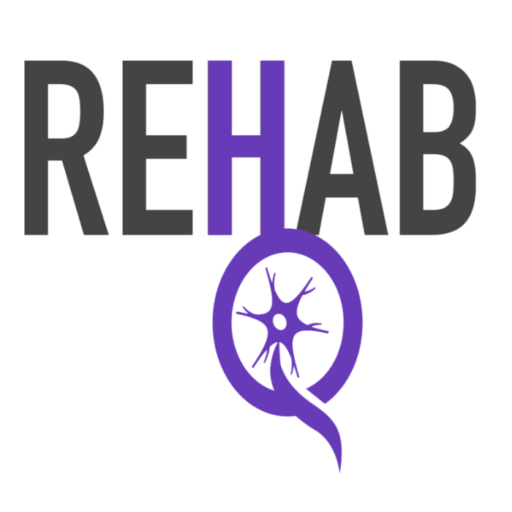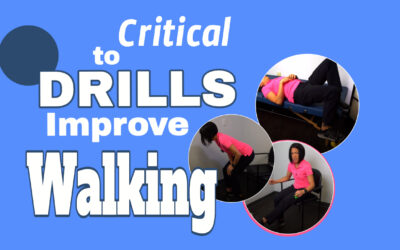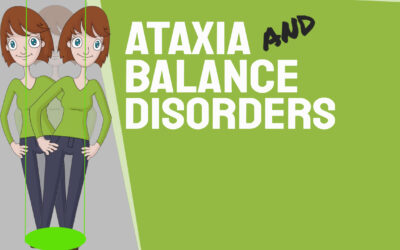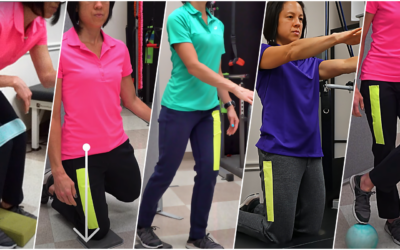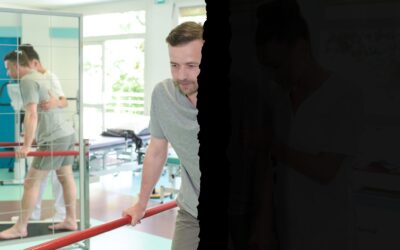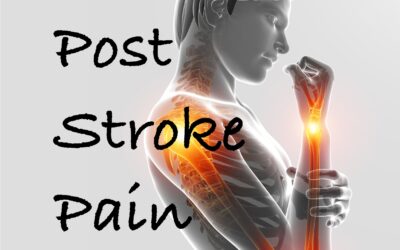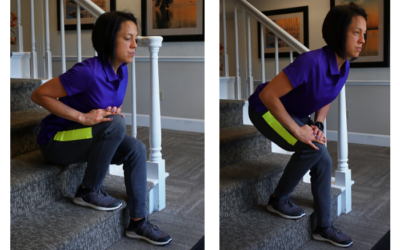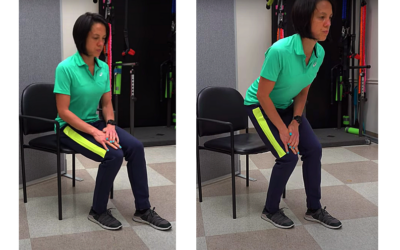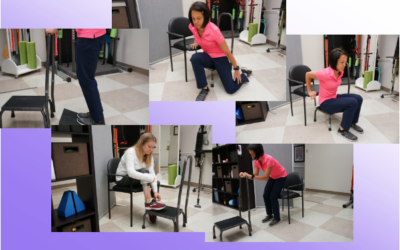Coping with depression and Parkinson’s disease can be difficult, but there are ways to help manage. There is no quick fix or exact science behind what will work for everyone, so it’s important to try different strategies until you find the right fit.
What is depression?
Before we get into some treatment strategies, it is important to differentiate depression from grief/sadness. It is completely normal to feel a little sad about receiving a diagnosis of PD. There is loss associated with this. Much like losing a family member, you have lost a piece of your life and/or your plans for your future. Grieving this is important. Grief and/or sadness in this context is temporary. This is different than depression. Depression is a mood disorder that causes you to feel constant sadness and loss of interest in life.
What causes depression in Parkinson’s disease?
Parkinson’s disease causes changes in the area of the brain that produce dopamine, serotonin, and norepinephrine. These are all neurotransmitters that regulate mood, energy, motivation, sleep, and appetite.
What are the signs of depression?
- Depressed mood
- Sleep disturbances (unable to sleep and/or sleeping to much)
- Loss of appetite
- Feeling of extreme weariness
- Difficulty concentrating
- Irritability
- Feeling of worthlessness
- Thoughts of death
- Loss of interest in pleasurable activities
Why is it important to treat depression?
The journal of psychiatry reports that depression was significantly related to illness severity and functional impairment. The Neurology journal published a study where they reported that depression is associated with increased disability and decreased quality of life.
What is the treatment for depression?
The best treatment for depression is a combination of medication AND psychotherapy.
Psychotherapy
Cognitive Behavioral Therapy (CBT) – CBT is a method of changing negative thought patterns and behaviors. With this type of therapy you can learn coping skills and strategies to think more positively long term.
Talk Therapy – counseling sessions can provide a space for you to share your feelings, gain understanding around how you feel, and learn strategies to cope with negative feelings/emotions.
Medications
Certain anti-depressant medications can help treat depression in people with parkinsons disease.
Electroconvulsive Therapy
Electroconvulsive therapy (ECT) is a standard treatment option for people with severe depression that has failed all other treatment.
Other Articles you may be interested in:
Discharged from therapy. What now?
So, you have been discharged from therapy. So, what now? For some, this is a positive step in the rehab process. Some will understand right away that this is progress. On the other hand, for others it can bring up all kinds of negative emotions. "Is my therapist mad...
Walking Exercises for Stroke Patients
Many people inquire about the "best exercises" for stroke patients to improve walking. I like to use the term "Drills" when referring to "stroke exercises". Why? Because "Drills" are what I think of when I think of repetitive movement. Case and point, drills are...
Balance Training for Ataxia
Balance training is a critical component for anyone with ataxia. This is due to the fact that ataxia negatively impacts the balance system and is one of the leading causes of disability. Ataxia is caused by damage to the cerebellum. The cerebellum plays a MAJOR role...
Relearn to walk: Progression (with videos)
Are you super eager to relearn to walk? Walking is a HUGE goal for anyone who has lost that ability. Walking means different things to different people. And quite honestly, has far less meaning until you have lost this fundamental skill. All that being said, it is...
Hemineglect after a stroke: When half the world is missing
hemineglect is a condition where someone loses the ability to attend to, sense, and/or perceive information on one side. This condition is also referred to as unilateral neglect, spatial neglect, and/or hemispatial neglect. Several neurologic condition can cause this...
Post Stroke Pain: Diagnosis and Treatment
Pain is a common symptom after a stroke. Unfortunately, pain can be a significant barrier to regaining function. In some cases, there is an identifiable cause related to a movement or a structural problem. The rehab team can identify this, prescribe the...
Regain Normal Walking After a Stroke: Advanced
A common goal after a stroke or a brain injury is to regain "normal walking". However, this goal is not limited to just those who have suffered a stroke. I dare say it is the number one goal of almost everyone who has suffered an injury to their neurologic system. ...
Stand and Walk After a Stroke: Intermediate Progression
Many want to stand and walk after a stroke. Of course, this is critical in giving someone more independence. However, standing and walking is also important to prevent deconditioning, maintain joint health, and prevent postural abnormalities associated with prolonged...
Brunnstrom Stages of Motor Recovery
The Brunnstrom stages of stroke recovery is one proposed model of how someone with hemiplegia will recover movement. It was developed by a physical therapist in the 1960s and proposes that this sequence of recovery falls into six loosely defined stages. The main...
Product Spotlight: A step stool with handle
A step stool with a handle is one of the most seems like an odd piece of "rehab equipment", however, it is truly "worth its weight in gold". It is probably the one itemI can honestly say I use multiple times a day in my clinic. And, rarely as an actual step stool....
